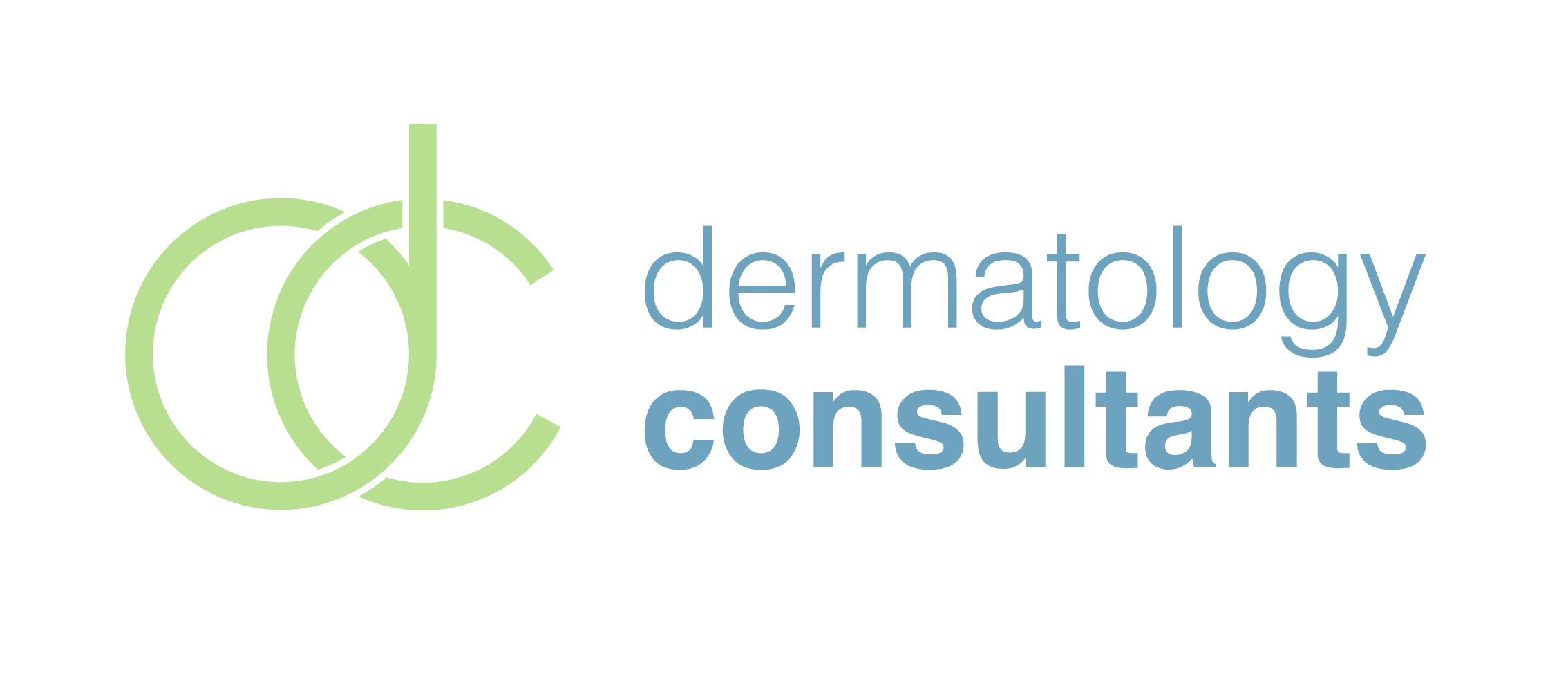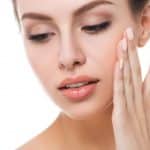How to Get Rid Of That Relentless Acne
As far as skin conditions go, acne affects teenagers and adults alike, causing annoyances to thousands of people on a daily basis. Many factors play into the development and reoccurring nature of acne. The only thing more abundant than acne might be the variety of treatments (both legitimate and questionable) available to its sufferers. By utilizing the right medicine and a few tips and tricks to keep your skin clean, acne will soon become a problem of the past.
Treating Acne In Teenagers
Acne causes problems for even the most confident teenagers. Acne hurts a person’s self-esteem, and in the worst-case scenarios, leads to depression, isolation, or even bullying in school. Nearly all teens experience acne because their increased hormone levels result in more volatile skin conditions. Some teenagers who experience chronic acne should visit a board-certified dermatologist. If a teenager consistently deals with acne or tries to pop blemishes too often, they may suffer from permanent. By exploring solutions offered by qualified dermatologists, you can help your teenage son or daughter improve self-confidence and avoid long-term consequences.
Getting the Right Acne Medicine
Over-the-counter acne treatments may not be effective enough for more extreme cases of acne. In fact, some quick-fix solutions may actually exacerbate acne breakouts. But prescription-strength medications come with the guarantee of a medical professional. They will improve his or her quality of life and put your child into a more positive mindset as they develop into mature adults.
Many dermatologists prescribe retinoids, derived from vitamin A, to unplug pores and follicles. By cleaning these areas of the skin up, the acne should begin to clear up. If your teen has sensitive skin, some retinoids may cause irritation. Be sure to communicate consistently with the dermatologist by explaining which topical ointments have caused you discomfort. Your doctor can alter the formula to make the experience more comfortable.
The dermatologist may decide to combine two different treatments, such as a topical retinoid or antimicrobial, coupled with an oral antibiotic. Both topical antimicrobials and oral antibiotics fight bacteria production in the skin. Your doctor may also combine benzoyl peroxide with an antibiotic for a cleansing and bacteria-fighting solution. Do not try to combine any treatments yourself – leave that business to your doctor as it can be both dangerous and counterproductive. Also, do not supplement with over-the-counter acne creams unless specifically directed to do so by a doctor.
Your dermatologist may decide that your teen’s acne condition warrants laser or heat treatments that will kill bacteria on and beneath the skin. Chemical peels or injectable fillers can treat more severe acne conditions, while also treating acne scars.
Avoiding Teen Acne: Skin Care Tips For Back To School
As the first day of school approaches, teenagers want solutions to their skin issues and want those solutions to work. Teens can avoid breakouts and complexion problems via a regular self-care regimen at home, coupled with top skin care products prescribed by their board-certified dermatologist. Make sure to remove makeup before bed, wash your face after working out, and change pillowcases and sheets frequently.
Here are some tips for your teen’s back-to-school skin care routine:
- Develop a consistent skin care regimen: Wash your face first thing in the morning and before bed at night. Remove makeup, oils, dirt and bacteria that clog pores and exacerbate acne problems.
- Wash your face after sweaty activities: Use cleansing wipes or solutions to maximize the effectiveness of the wash.
- Switch Out Your Products: Use oil-free products for cleaning and oil-free makeup to help prevent blocked pores. Oil-free lotions will help keep the skin clear, without drying out skin.
Read more skin care tips for back-to-school to eliminate that annoying acne.
Tips For Treating Adult Acne
When adults experience acne, it comes as an unwelcome reminder of adolescence. Although possibly linked to previous acne experiences, adult acne may actually be an entirely separate skin issue. Many adult acne sufferers never had problems as teens, which causes confusion and frustration.
Adult acne often stems from a poor diet or high-stress levels. Flare-ups often suggest that your nutrition may not be optimal or that your stress levels stay too high, too consistently. Work with your doctor to create an at-home and in-office treatment plan to banish those blemishes and return your skin to its smooth, clear and radiant look.
While eating chocolate or junk food does not cause acne by itself, consistently eating refined carbs affects your insulin levels, which may trigger hormones that inflame skin follicles that lead to acne breakouts. Talk to your doctor about nutrition advice to improve your skin’s health. By boosting your intake of healthy nutrients, you will not only improve your skin, but your hair, nails, digestion, and metabolism will see improvements as well.
Like your diet, stress alone does not cause acne, but when coupled with other unhealthy lifestyles; it can make existing adult acne worse. Stress hormones such as cortisol wreak havoc on your skin and your overall health, so talk with your medical professional about the ideal stress-reduction methods for you.
Don’t pop or pick at your acne. A lot of times, you actually spread the infection, rather than alleviating it. You may clear away that specific pore, but you raise the risk of infection in other places, all while making your pimple problem worse. You may accidentally cause scarring, which turns your temporary blemish into a permanent problem. Always resist the urge to pick, but instead treat your acne with medicine and cleanliness.
Booking An Acne Consultation With A Trusted New Jersey Dermatologist
Both adults and teenagers experience the annoyances and embarrassments of acne. Fortunately, dermatologists can offer solutions and treatments to reduce or eliminate the problem. With advancements in prescription medications and laser technology, doctors can reduce the appearance of acne scars to return your skin to its glowing and radiant shine. If you or your teen battles acne, contact Short Hills Dermatology to book your appointment today. We’d love to offer you the assistance, advice, and expertise you need.





